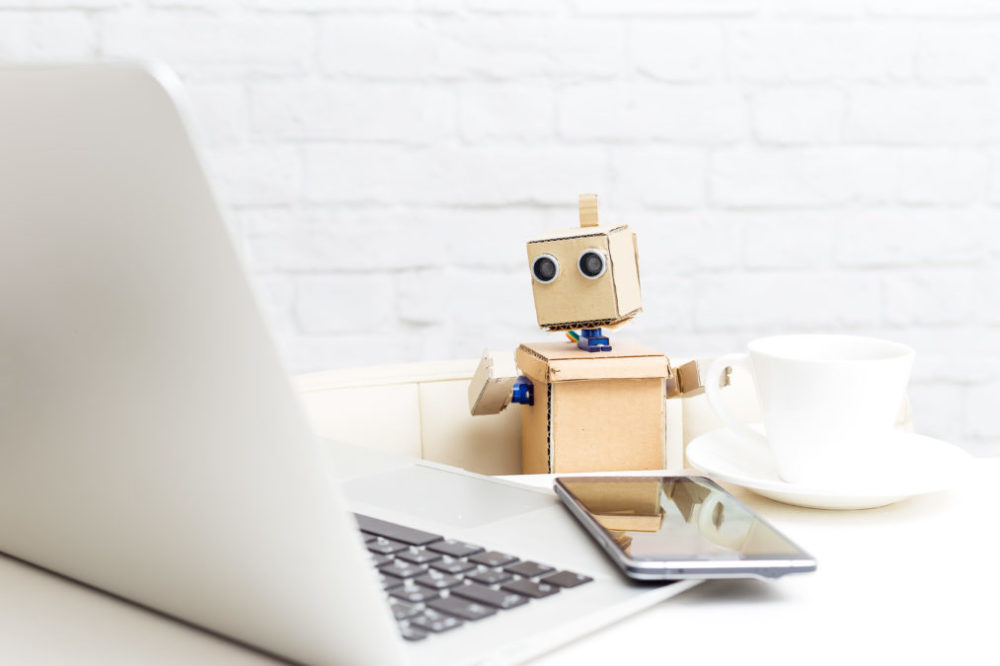In a report released today, PwC found that the general net effect of AI on jobs in the UK will be broadly neutral, however, certain sectors will be affected very differently.
For example, PwC predict AI having a positive effect on the health and social work sector, where they estimate employment to increase by nearly one million. While they expect a 25% reduction in the number of jobs in the manufacturing industry, this represents almost 700,000 jobs.
John Hawksworth, the chief economist at PwC, said: “Major new technologies, from steam engines to computers, displace some existing jobs but also generate large productivity gains.”
>See also: Robots could replace 250,000 public sector workers by 2030
“This reduces prices and increases real income and spending levels, which in turn creates demand for additional workers.”
“Our analysis suggests the same will be true of AI, robots and related technologies, but the distribution of jobs across sectors will shift considerably in the process.”
According to the report, this has implications regionally. London looks like they’ll be positively impacted (+2%), given its 28% stake in the UK’s professional, scientific and technical activities, as well as 31% of the UK’s information and communication sector. On the other hand, regions in the North and Midlands, with higher stakes in automatable industrial jobs, have marginally negative estimated net impacts, but only by about 1%.
>See also: Popular misconceptions of robots
Further to their analysis, in the report, PwC stressed how individuals, businesses and the Government choose to engage with new technologies like AI will affect how many jobs are created and how they impact the UK economy.
Euan Cameron, UK AI leader at PwC, said: “People are understandably worried about the impact of AI on jobs.”
“Our research highlights where the biggest impacts will be and which areas are most vulnerable, so that businesses and government can plan how best to help people develop the skills that will prepare them for the future.”
>See also: Productivity growth is at a historic low: IT productivity paradox to blame?
“Historically, rapid technological change has often been associated with increases in wealth and income inequality, so it’s vital that government and business work together to make sure everyone benefits from the positive benefits that AI can bring.”
“These include increased productivity and consumer choice, as well as improved outcomes in those areas that matter most to people such as education to healthcare.”










